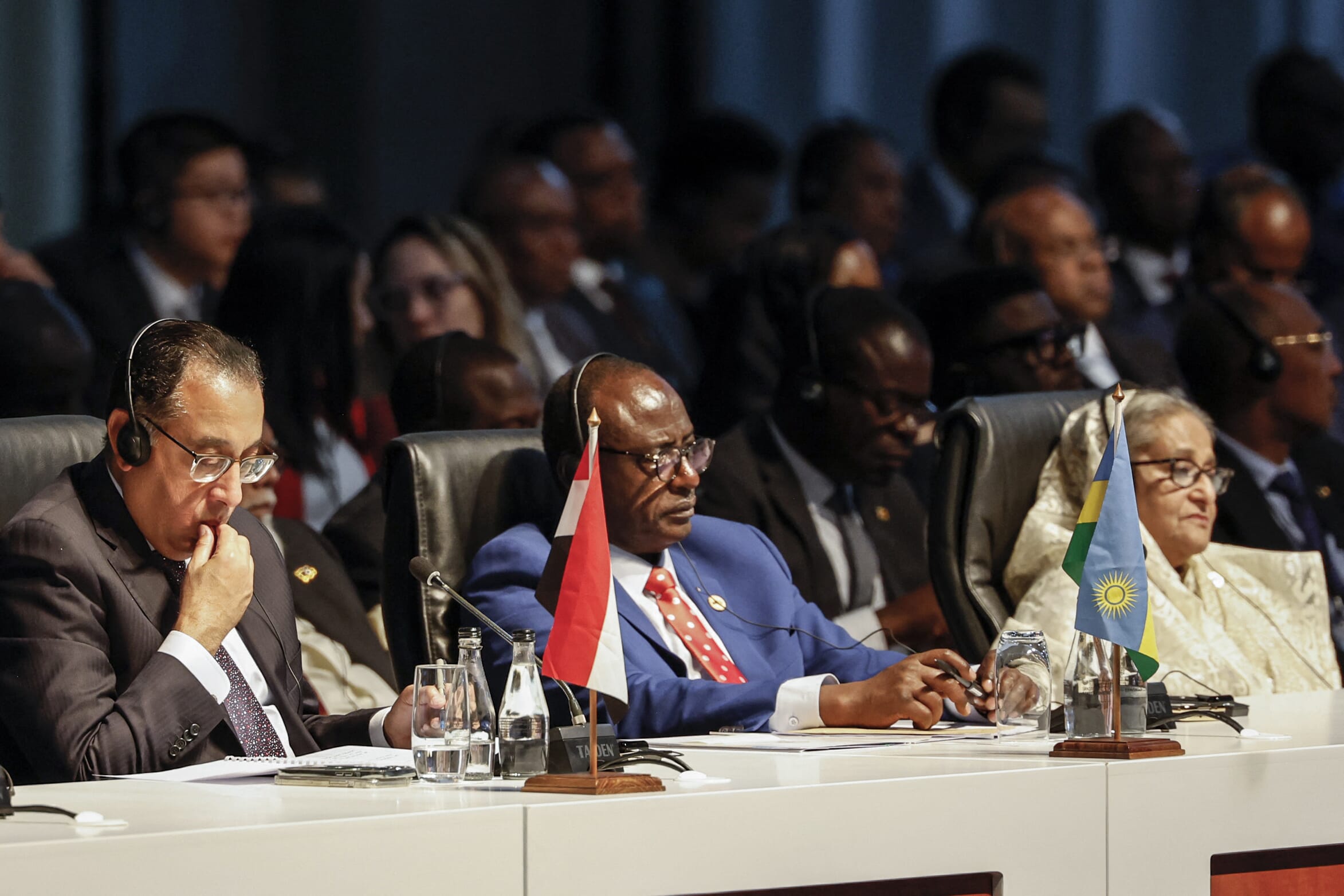News
Against a backdrop of hyperinflation, which vision will Argentina choose for its economy?

While polls may make the Argentinian election seem close, both Javier Milei and Sergio Massa have presented polar opposite visions for the future of the country.
Argentina is currently going through historic inflation, which Sergio Massa, as incumbent Minister of the Economy, has presided over since August 2022. Javier Milei, a member of Argentina’s lower house of parliament, represents a radical alternative, grabbing headlines with his hard-libertarian proposals which include shutting down Argentina’s central bank as a part of a full dollarization of the country’s economy. Recent polls have Milei as the favourite by a slim margin, but polls have been unreliable throughout this election process.
Milei has promised to cut back on a government he views as bloated, pushing for the closure of 10 ministries. A firm supporter of the free market, he believes that environmental regulation hinders the private sector, proclaiming that under him, “A company can contaminate a river as much as they want.”
In the vein of right-wing populists throughout the Americas, Milei has failed to showcase a structured dream for Argentina after his proposed cuts. In the recent presidential debate, Milei unilaterally declared that he would end relations with two of Argentina’s largest trade partners, China and Brazil, citing their left-wing governments. His promotion of dollarization, an attempt to mitigate roaring inflation, also faces concerns of feasibility from financial analysts who point at the country’s lack of foreign currency reserves.
In contrast, Massa has promised a steady hand to guide the country forward. So far, he has raised fears of Milei’s proposals to slash the country’s strong social safety net, while increasing public spending through higher salaries for government workers as well as wide-ranging tax cuts for a vast majority of the workforce. Experts have expressed caution on Massa’s spending, especially in the context of the country’s high inflation rate and its depletion of foreign reserves.
Current economic policy has the potential of endangering the country’s $44 billion IMF loan, which has played an important role in staving off economic collapse. Massa has also been supportive of Argentina’s incoming addition to the BRICS group, with the potential of strengthening ties with important partners Brazil and China, as well as providing new avenues for the export-oriented economy. That being said, Massa has also relied on a level of vagueness on his economic policy going forward, preferring to question Milei’s proposals than defend his own economic record.
Investors are faced with a difficult choice between both candidates, given the current state of Argentina’s economy. Markets reacted negatively to Massa’s win of the first round of presidential elections, with Argentina’s international sovereign bonds falling. While Milei represents a complete unknown, both in his unorthodox policy and the extent to which he will stick to his rhetoric, he also presents hurdles for investors wishing to secure a commitment to ESG standards. Massa for his part has continued to emphasise strong relationships for financial agreements with both the US and Chinese markets.
Reach out to discuss this article or our insights into Latin America further at info@riskadvisory.com.
Photo credit: LUIS ROBAYO/AFP via Getty Images
Newsletter signup

Intelligence delivered ingeniously
Helping key decision makers, make the right commercial decisions


